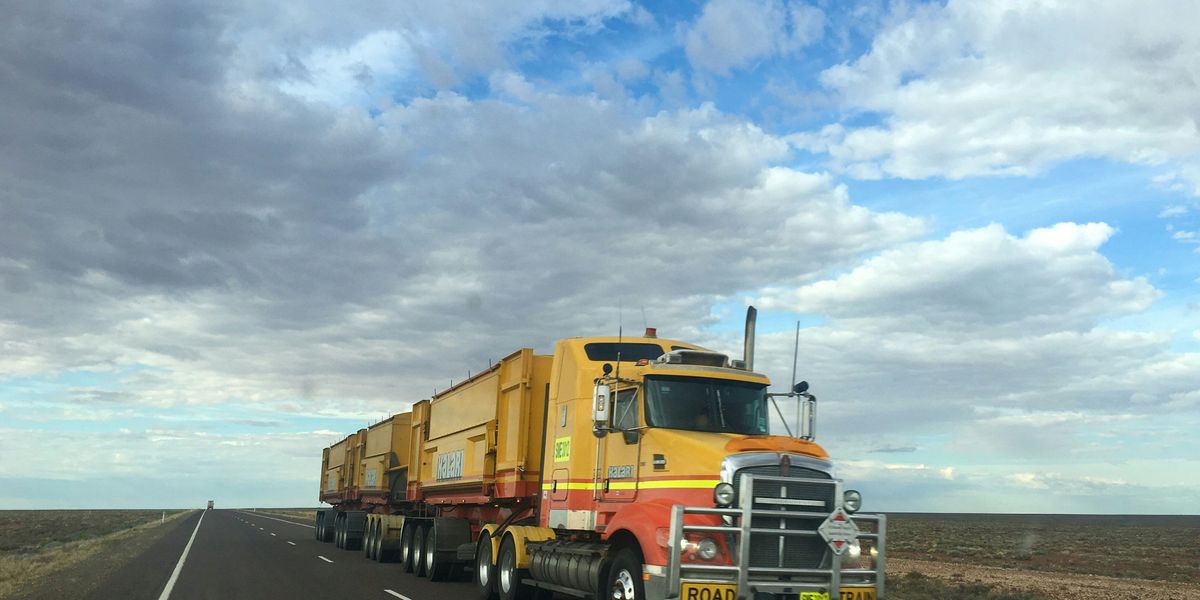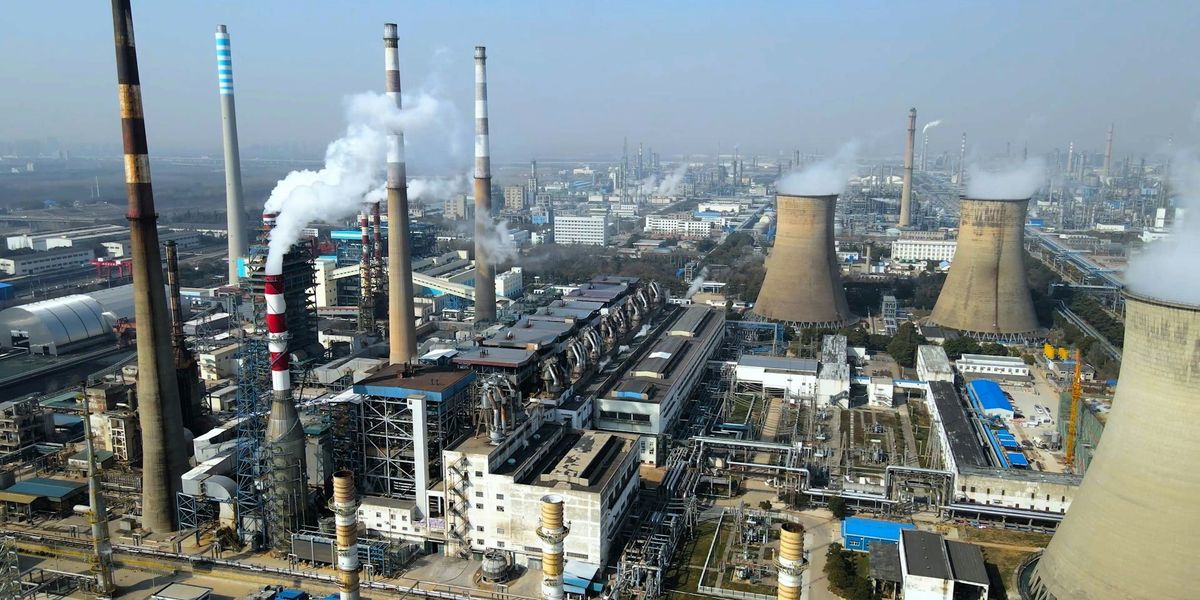mortality
Opinion
www.nytimes.com
Air pollution kills 10 million people a year. Why do we accept that as normal?
Threats often appear larger and more profound the farther off they are, and more manageable and even routine once they arrive
Newsletter
Scientists point to climate change as likely cause for Alaska snow crab decline
Even as scientists are still trying to figure out why the Bering Sea snow crab stock crashed in 2021, federal managers are working on a plan to help rebuild it.
Photo by Ross Stone on Unsplash
Wildfire pollution linked to at least 33,000 deaths worldwide
Wildfires akin to those that visibly devastated parts of Greece, Siberia and North America this year are also invisibly taking a deadly toll on human health. The fraction of deaths linked to short-term exposure to smoke released by the fires are nearly as high as those from heatwaves, a new estimate suggests.
How wildfire smoke supercharges the coronavirus
Research in BC and beyond finds that soot in the air makes the pandemic more dangerous.
The bottom line: We are saving millions of lives
It’s important to tally pandemic deaths. But do the powerful math on what the global shutdown has achieved.
Newsletter
www.forbes.com
A dirty economic restart could kill more people than the coronavirus
When the coronavirus lockdown lifts, the mortality risks of air pollution and climate change might not just return to normal—they might get worse.
www.forbes.com
Every day 10,000 people die due to air pollution from fossil fuels
A study published last week in the journal Cardiovascular Research estimated that in 2015, the deaths of more than 3.6 million people worldwide could have been avoided if air pollution from fossil fuels were reduced to zero.
ORIGINAL REPORTING
MOST POPULAR
CLIMATE



















